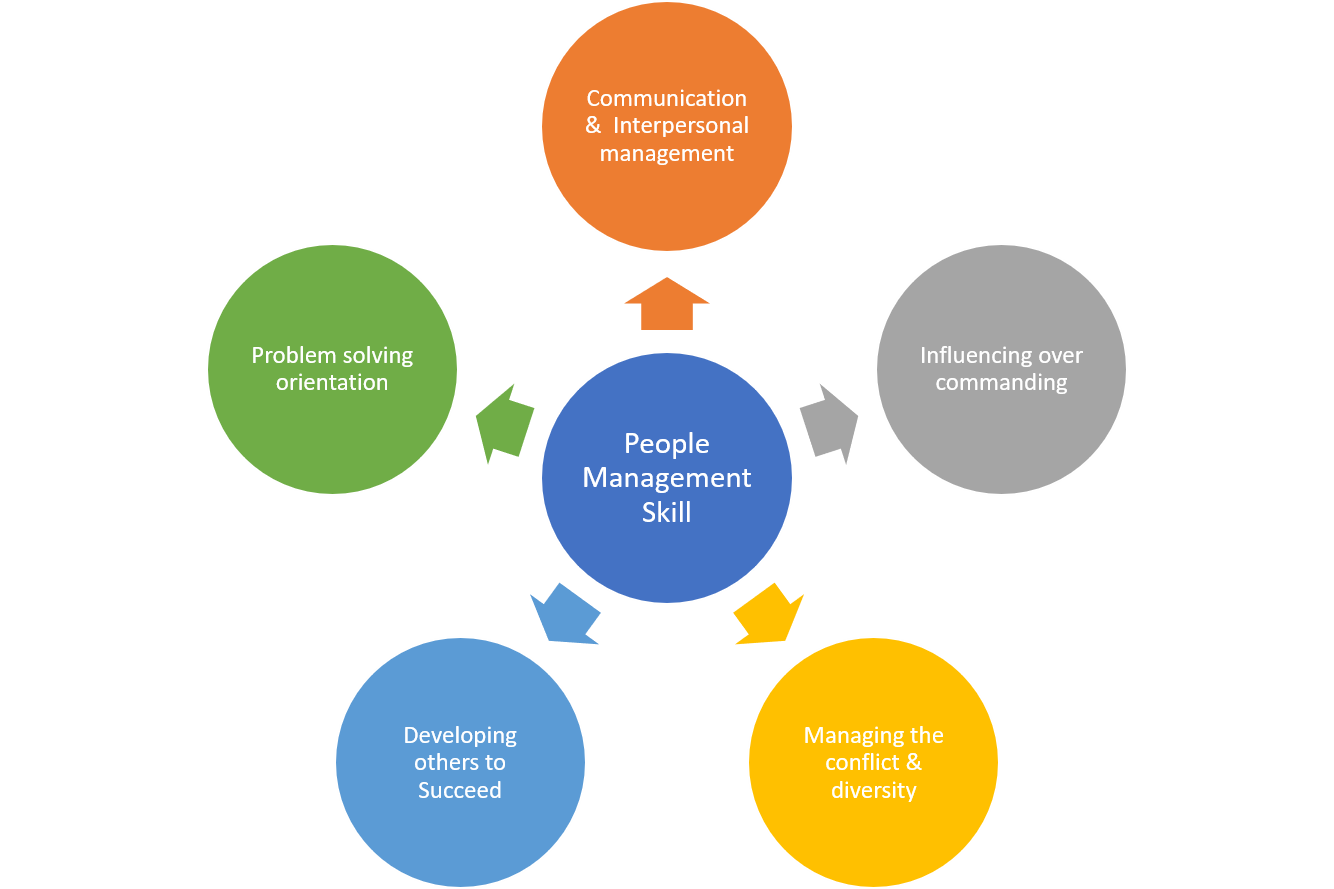Developing People Management Skill
(Emotional Management for Personal & Professional Growth Series)
As you recall that when we initiated this series on managing emotions for personal and professional growth, we discussed broadly three parts of emotional intelligence
- Managing self
- Achievement orientation
- Managing others
In a professional or organizational context, "managing others" means managing the people to balance both the result and the relationship. The people could be your boss, colleagues, and your junior colleagues.
Some of the questions or dilemma most of the business head and manager have
“How to keep the people motivated to get most despite the challenges and uncertainties”?
"Am I a good leader or manager?"
"Am I focussing more on task and compromising soft aspects or more lenient on people and losing focus on the task?"
"Am I balancing task/ result and people/ relationship well?"
For all the questions above, the answer lies in our ability to manage emotions regarding people management. People management skill is all about that ability.
Why is people management skill important?
We might have come across some very competent managers in technical or functional expertise but still struggling to cope with relating people and relationship management. Their career growth also slows after some time.
Even with moderate technical or functional expertise, some people are pretty successful in achievement by leveraging people around them. They are liked by all and perceived by others as influencers.
When you are moving up in career ladder, people's skills play a significant role along with functional expertise.
Where the gap exists?
The gap is mainly on managing emotions when dealing with people. It is the ability to relate with the people, motivate, tap the potential, manage conflicts, solve complex problems, and influence anyone beyond the functional boundaries.

Let us discuss those aspects in the coming weeks and solicit your personal experiences or challenges on people management.
Stay safe until then!
No comments:
Post a Comment